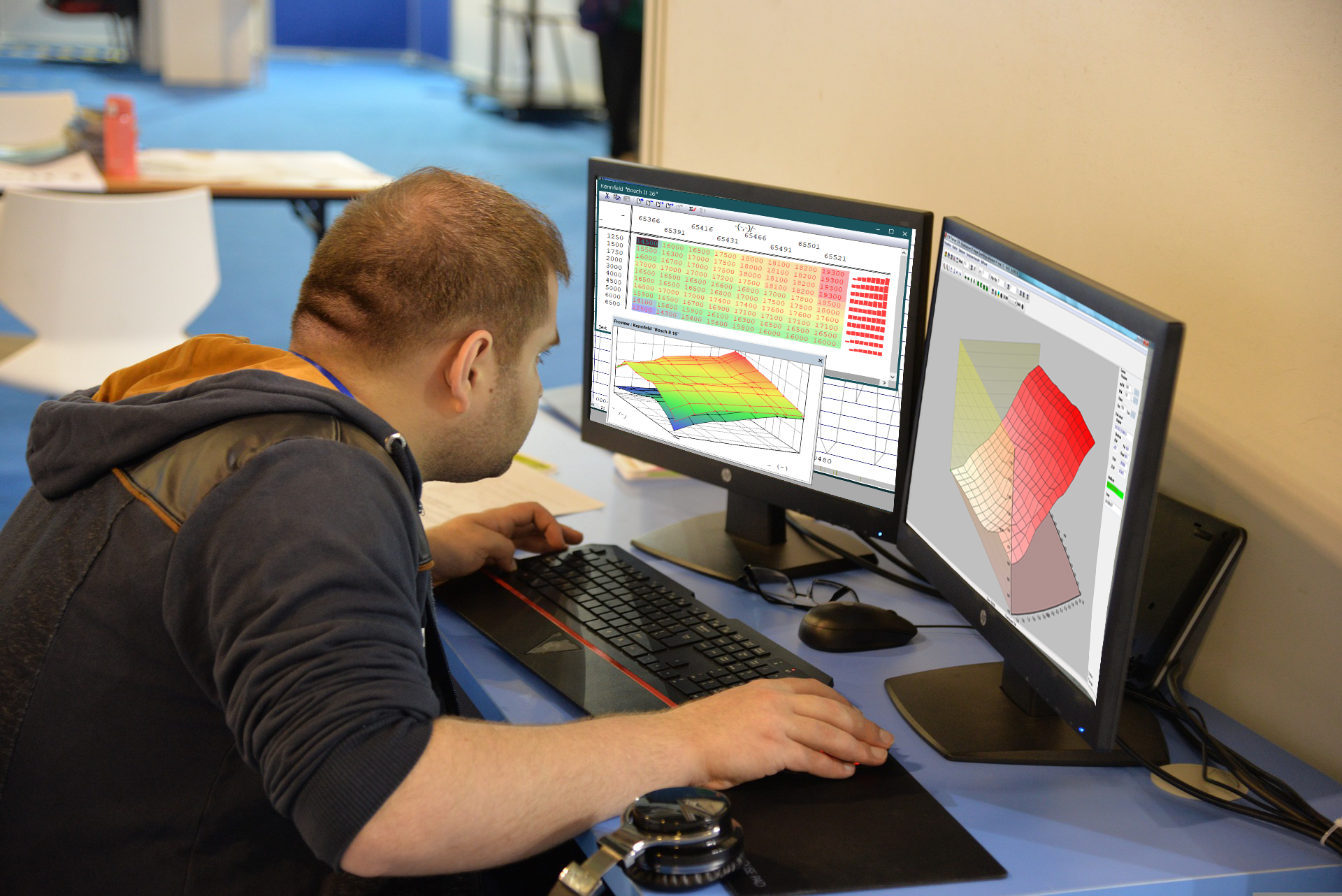
Image Source: Google
As computers continue to evolve with more advanced hardware and software, it's important to optimize their performance for efficient and smooth operation. One area where performance tuning can make a significant impact is in file management and handling. By implementing a few simple tips, you can unleash the power of your computer and enhance its productivity.
Organize and Declutter Your Files
One of the first steps to improve file performance is to organize and declutter your files. Start by creating a logical folder structure that makes it easy to locate and access your files. Avoid storing all your files in a single folder, as this can lead to longer search and access times.
Regularly delete unnecessary files, especially temporary files or old versions that are no longer needed. Not only will this free up storage space, but it will also help improve file retrieval times.
Utilize File Compression
File compression is a technique that reduces the file size without losing any essential data. Compressed files take up less storage space and can be transferred or shared more quickly. There are various compression algorithms available, such as ZIP, RAR, or 7z, that you can use to compress your files.
By compressing files, you not only save storage space but also improve file transfer speeds. However, keep in mind that compressed files need to be extracted before you can use them, so strike a balance between compression and accessibility.
Optimize File Indexing
File indexing is a process that allows your computer's operating system to quickly locate and retrieve files when needed. By default, most operating systems automatically index files, but you can optimize this process for better performance.
Make sure that indexing is enabled for important folders and directories where you frequently access files. If you have large folders or drives with files that you rarely use, consider excluding them from indexing to reduce the indexing overhead.
Defragment Your Hard Drive
Over time, files on your hard drive become fragmented, meaning that different parts of a single file are spread across different locations on the disk. This fragmentation can slow down file access and retrieval times. To optimize file performance, regularly defragment your hard drive.
Most operating systems have built-in defragmentation tools that you can use to reorganize and consolidate fragmented files. By defragmenting your hard drive, you improve the efficiency of file access and enhance overall system performance.
Upgrade Your Hardware
If you find that your computer is still struggling to handle large files or complex tasks even after implementing the above tips, it may be time to upgrade your hardware.
Consider upgrading your hard drive to a solid-state drive (SSD) for faster file access. SSDs use flash memory, which has no moving parts and offers significantly higher read and write speeds compared to traditional hard disk drives (HDDs). This upgrade can greatly improve file performance and overall system responsiveness.
Additionally, increasing your computer's RAM (random access memory) can also enhance file-handling capabilities. More RAM allows your computer to store and access larger amounts of data, leading to improved multitasking and faster file processing.
Conclusion
By implementing these simple tips for performance-tuning files, you can unleash the power of your computer and optimize its file management capabilities. Organizing and decluttering files, compressing files, optimizing file indexing, defragmenting your hard drive, and upgrading your hardware are all effective ways to enhance file performance and improve overall system efficiency.
